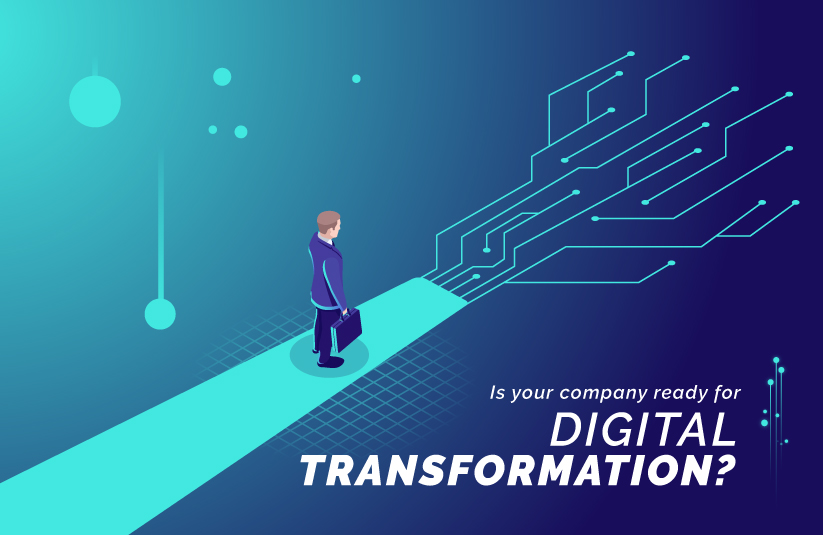Currently Empty: € 0,00

Industries evolve, grow, and transform, especially rapidly in the digital economy. Traditional companies must navigate three stages of digital transformation, managing interactions with all stakeholders simultaneously.
Stage One: Experience on the Edge
In the initial stage, digitalization sparks new experiences while refining existing ones. Dubbed “experience on the edge,” this phase turns ideas from sketches into prototypes and products. Organizations experiment to refine their business models, examining experiences across various industries to understand their impact.
A key aspect is moving from isolated products to interconnected platforms, like Apple’s iOS or Google’s Android, which support diverse businesses. This stage requires deep thinking, as seen in Apple’s 2005 partnership with Motorola, which hinted at Apple’s future in mobile phones.
Stage Two: Engaging the Core Business
In this stage, digital ideas evolve from prototypes to viable business options, distinguishing practical feasibility from value creation. This phase involves integrating digital solutions into core operations, challenging traditional practices. For instance, in the late 20th century, e-commerce led by Amazon began transforming retail. Walmart initially saw online sales as secondary, underestimating the future dominance of e-commerce and global logistics.
Stage Three: Institutionalizing Digital
The final stage involves fully embedding digital processes and culture into the organization. Digital becomes integral, influencing strategy and operations. Companies adopt a digital-first mindset, focusing on continuous innovation and leveraging data analytics. This stage ensures organizations remain competitive and agile, ready to adapt to market changes and customer demands.
By navigating these stages, organizations can manage their digital transformation effectively, leveraging new opportunities for growth

Summary
Industries rapidly evolve in the digital economy, requiring companies to manage digital transformation in three stages.
- Experience on the Edge: This initial phase involves experimenting with digital ideas, turning them into prototypes and products, and learning from various industries.
- Engaging the Core Business: Digital solutions are integrated into core operations, challenging traditional practices and refining business models.
- Institutionalizing Digital: Digital processes and culture become integral to the organization, ensuring continuous innovation and competitiveness.
These stages help organizations navigate and leverage digital transformation effectively.
